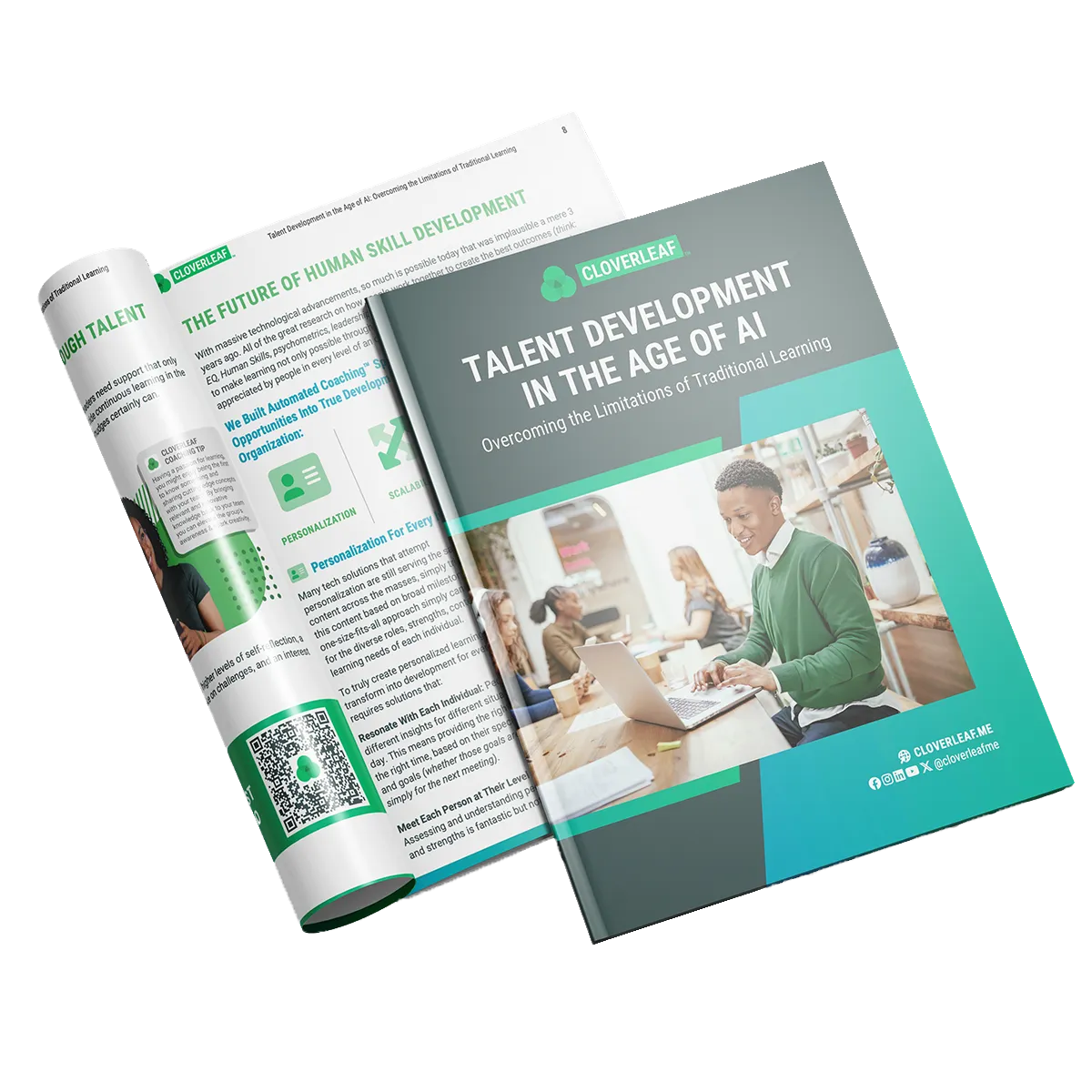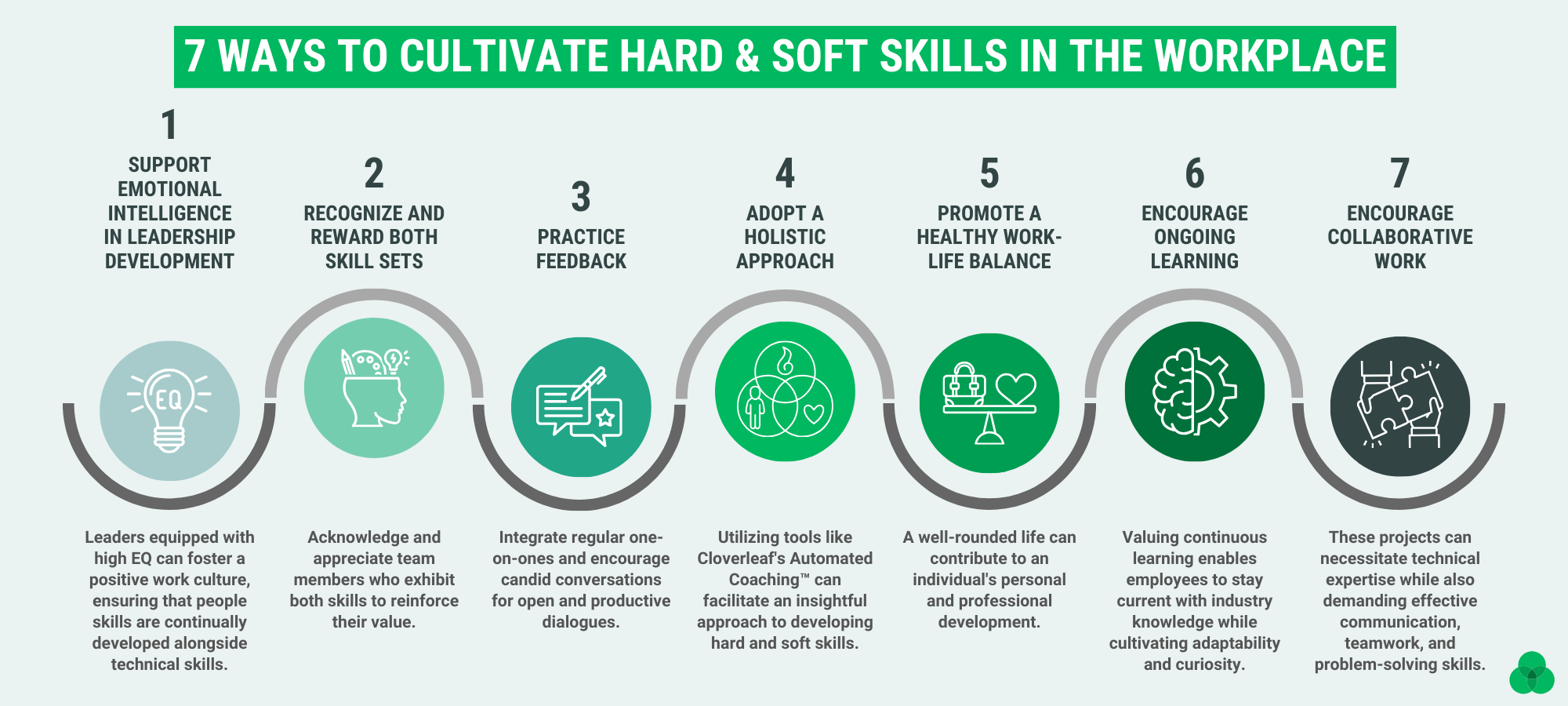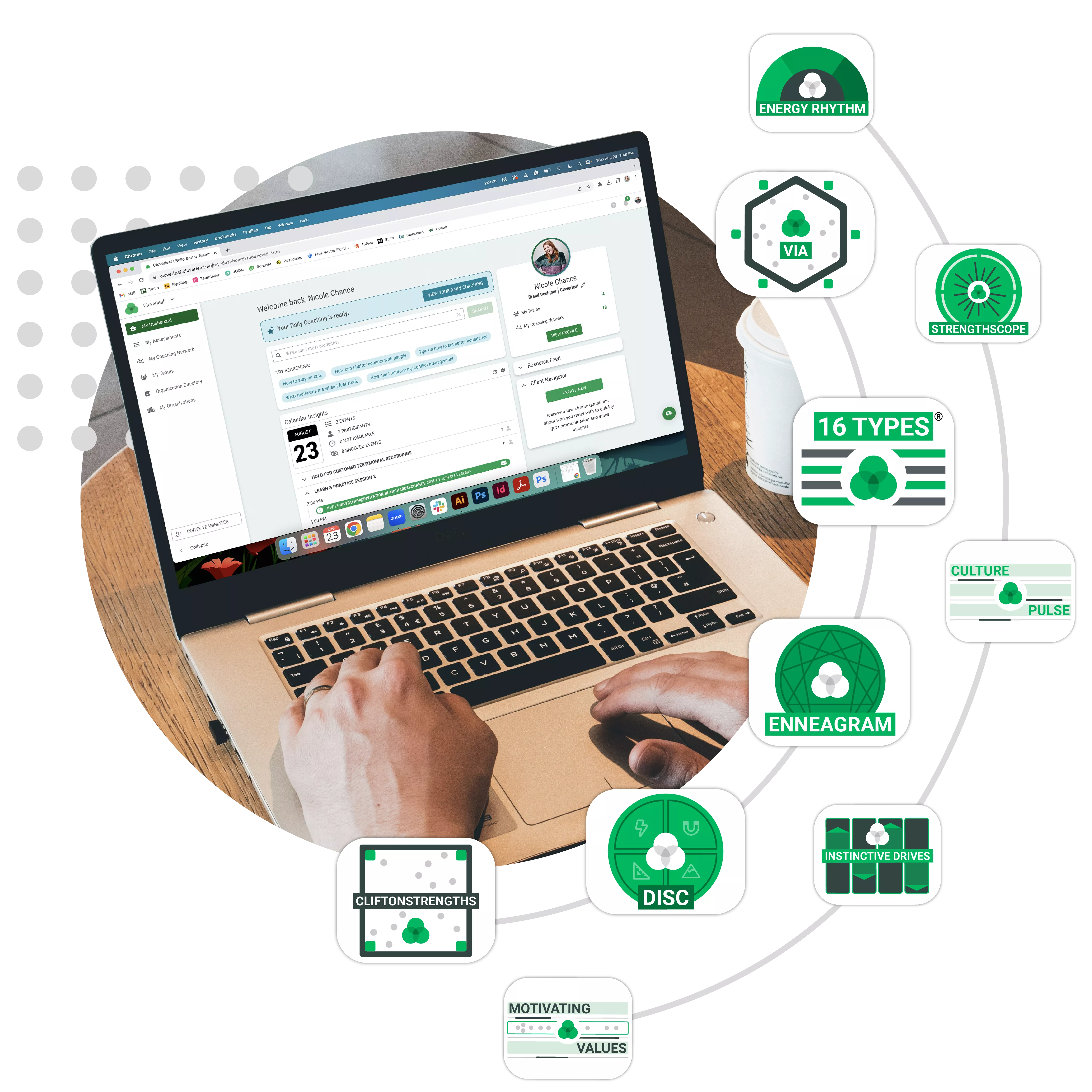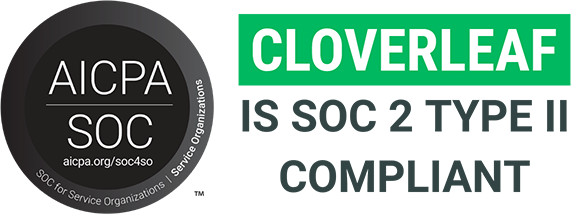Navigating the dynamic and complex terrain of today’s workforce, the spotlight has increasingly indicated that soft skills are in-demand. Often regarded as the holy grail of recruiting, soft skills encompass emotional intelligence and interpersonal skills such as communication, empathy, and adaptability. These skills have emerged as some of the most sought-after qualifications that team members can bring to the table.
A LinkedIn survey revealed that more than half of nearly 300 hiring managers identified a deficit in soft skills among job candidates, acknowledging that this gap is potentially hindering their company’s productivity. Consequently, recruiters are thinking outside the box, seeking innovative ways to identify new hires proficient in communication, time management, negotiation, writing, listening, problem-solving, and decision-making. These soft skills, rooted in intuitive emotional intelligence (EQ), are increasingly being recognized as a more reliable predictor of success compared to hard skills, which can be learned and developed through training.
But what makes these skills such a powerful predictor of success? And how can organizations ensure these invaluable skills are considered? In this article, we will delve into the nuances of hard skills and soft skills, exploring their meanings, differences, examples, and their critical impact in the workplace.

Decoding The Difference Between Hard and Soft Skills
In the world of work, skills are the building blocks that construct a successful organization. To lay a strong foundation and build upward, it’s crucial to grasp the nuances of both hard and soft skills.
So, what sets hard skills apart from soft skills? It’s the way we acquire and apply them. Hard skills are often learned through formal education and training, verifiable and straightforward. On the other hand, soft skills are subtler often honed through experience and interpersonal interactions.
What are hard skills and soft skills?
Hard skills are the technical expertise required to perform specific tasks efficiently, while soft skills enable you to navigate emotional and social interactions at work. Hard skills, such as computer programming or data analysis, are quantifiable and essential for particular roles. In contrast, soft skills, such as communication and teamwork, are interpersonal traits that influence how we engage with others and are universally applicable across professions.
Meaning of Hard Skills:
Have you ever marveled at a meticulously crafted spreadsheet or admired the precision of well-coded software? That’s the work of hard skills in action. Hard skills are those tangible, teachable abilities or knowledge sets that are quantifiable. These are skills you can usually learn in a classroom, online course, or through books and manuals.
Consider a surgeon’s dexterity with the scalpel, a coder’s mastery of programming languages like Python, or an accountant’s proficiency with Excel. These are all hard skills – measurable, teachable, and crucial in their respective fields.
Meaning of Soft Skills:
But what about those moments when a calming voice diffuses a heated meeting or when a team rallies together to meet a tight deadline? That’s the realm of soft skills. Soft skills, often intertwined with personal characteristics, are those intangible qualities that influence how we interact with others.
Think of empathy in a nurse, effective communication by a manager, or the creative problem-solving prowess of a team leader. These skills may not be listed on a certificate but are equally vital in navigating the workplace successfully.
The Case for Soft Skills In The Workplace:
In an era where collaboration and adaptability are paramount, soft skills are the linchpin that holds together the complexity of a successful organization. They foster a harmonious environment conducive to teamwork, boosting both efficiency and innovation.
Imagine a product team scrambling to meet a tight deadline. It’s the project manager’s adaptability and the team’s collective collaboration that ensures a smooth workflow amidst chaos. Picture a customer service representative transforming a potential conflict into an opportunity through empathy and effective communication. These scenarios underline the critical role of soft skills in navigating the complexities of the workplace.
Soft Skills Are Indispensable:
Soft skills are not just preferred; they’re indispensable across companies and industries. A survey by the Wall Street Journal of 900 executives revealed a staggering 92% believed soft skills were either equally important or more crucial than technical skills. However, a significant 89% faced challenges in finding individuals embodying these skills.
LinkedIn’s 2018 Workforce Report echoes similar sentiments, spotlighting leadership, communication, collaboration, and time management as the most sought-after soft skills.
Daniel Goleman, author of Emotional Intelligence at Work, would agree. His research spanning 500 executives concluded that emotional intelligence, a conglomerate of soft skills, outweighed experience or IQ in predicting top-notch performance. CEOs at leading companies like Amazon and Xerox, known for championing emotional intelligence in the workplace, have meticulously woven soft skills into their corporate fabric.
Yet, the benefits of soft skills training extend beyond creating a fulfilling work culture. There’s a tangible link between profitability and leaders with elevated emotional intelligence. A study showcased that CEOs, high on character ratings by employees, yielded an impressive average return of 9.35% over two years. This is nearly quintuple compared to companies led by CEOs with lower character ratings.
While the case for developing soft skills is compelling, striking the right balance is crucial. Good leadership skills must harmonize with meticulously honed talents and hard skills.

HUMAN SKILL PROGRAMS ARE HITTING LIMITATIONS...
- Close the widening gap between learning and on-the-job application
- Overcome the tension of pausing productivity for development opportunities
- Integrate learning so it is actually in the flow of work
- The evolution of human skill development
- What Automated Coaching™ is and how it works.

The Significance of Hard Skills In The Workplace
In a rapidly evolving technological landscape, hard skills can anchor an organization in competence and expertise. While soft skills are undeniably invaluable, the precision, specialization, and quantifiable knowledge that hard skills bring are irreplaceable.
Consider a cybersecurity analyst meticulously thwarting a network breach or an architect skillfully utilizing software to design an intricate structure. In these scenarios, the prowess of hard skills is undeniable and indispensable.
In pursuing emotional intelligence, it’s essential to pause and ponder: Have some thought leaders leaned too far into the realm of EQ at the expense of technical expertise? Cal Newport, author of So Good They Can’t Ignore You, suggests that perhaps there’s an overcorrection unfolding.
Newport advocates for the indispensable nature of hard skills, underscoring that a flourishing career is often rooted in becoming an authority in a specific domain. Fields, especially those entrenched in technology and specialized knowledge, seek individuals with a niche set of skills and technical acumen. Newport contends that mastery in a particular field not only secures your market position but also paves the way for greater control and satisfaction in one’s career.
Icons like Steve Jobs and Bill Gates embody the trajectory where technical mastery eventually evolved into influential leadership. However, it’s noteworthy that while many may possess the foundational hard skills to steer a company, they may initially lack soft skills, such as active listening. Exceptional leaders often begin their journey with expertise and progressively cultivate their emotional intelligence and soft skills.
Personal and Professional Development Is A Blend Of Both Skills
In essence, the journey from expertise to leadership isn’t linear but rather a merging of hard and soft skills. While mastery in a field lays the groundwork, the continuous development of soft skills can elevate an expert to a leader.
The Synergistic Blend Of Hard Skills Meet Soft Skills
While hard and soft skills may seem worlds apart, they often converge seamlessly in a professional setting, creating a dependability upon each other that drives success. By understanding the juxtaposition and complementary nature of these skills, one can appreciate how they collectively contribute to an individual’s and an organization’s growth.
For example, consider a software engineer (hard skill) who can articulate complex technical issues to a non-technical audience (soft skill), or a financial analyst who can crunch numbers (hard skill) and then strategically communicate insights for decision-making (soft skill) to their co-workers. In these scenarios, integrating both skill sets is evident and vital.
Navigating professional environments requires a careful balance between technical know-how and interpersonal dexterity. By appreciating the distinct contributions of hard and soft skills, professionals can cultivate a well-rounded approach to their career growth and organizational impact.
7 Soft Skills vs. Hard Skill Examples
1. Graphic Designer (Hard Skill: Graphic Design) & Team Collaboration (Soft Skill: Collaboration)
- A graphic designer crafts visually stunning designs using tools like Adobe Illustrator (hard skill). Simultaneously, they effectively collaborate and iterate based on team feedback (soft skill).
2. Data Scientist (Hard Skill: Data Analysis) & Effective Communication (Soft Skill: Communication)
- A data scientist excels in interpreting data using Python(hard skill) and succinctly presents data-driven insights to stakeholders (soft skill).
3. Project Manager (Hard Skill: Project Management) & Emotional Intelligence (Soft Skill: Emotional Intelligence)
- A project manager adeptly uses project management software to keep tasks on track (hard skill) while empathetically addressing team concerns and fostering a positive work environment (soft skill).
4. Marketing Specialist (Hard Skill: SEO Optimization) & Creativity (Soft Skill: Creativity)
- A marketing specialist ensures content is SEO-optimized using tools and analytics (hard skill) while also practicing critical thinking to creatively capture audience interest (soft skill).
5. Customer Service Representative (Hard Skill: Customer Relationship Management Software) & Active Listening (Soft Skill: Listening)
- A customer service representative efficiently navigates CRM software to manage customer interactions (hard skill) while actively listening and empathizing with customer concerns (soft skill).
6. Surgeon (Hard Skill: Surgical Procedures) & Patient Care (Soft Skill: Empathy)
- A surgeon performs intricate surgical procedures precisely (hard skill) and demonstrates care and communication skills while interacting with patients and their families (soft skill).
7. Salesperson (Hard Skill: Sales Techniques) & Relationship Building (Soft Skill: Relationship Building)
- A salesperson applies strategic sales techniques to meet quotas (hard skill) while building lasting relationships with clients through trust and rapport (soft skill).


Cultivating The Whole Person: Merging Technical Prowess with Emotional Acumen
In the realm of professional development, striking a harmonious balance between hard skills and emotional intelligence is pivotal. However, as soft skills can be elusive on a resume and complex to delineate in a job description, leaders often find it challenging to identify and nurture these attributes effectively.
Companies with low turnover rates have cracked the code in developing both skill sets within their employees, creating a thriving and productive work environment. Below are three vital practices to strengthening these skills within your culture:
1. Support Emotional Intelligence in Leadership Development:
Leadership training should underscore the importance of emotional intelligence. Leaders equipped with high EQ can foster a positive work culture, ensuring that the people skills of their team members are continually developed alongside technical skills.
2. Recognize and Reward Both Skill Sets:
Acknowledging and appreciating employees who exhibit a fine balance of hard skills and emotional intelligence can set a benchmark for others, promoting a culture of balanced professional development.
3. Practice Feedback:
Regular assessments can provide valuable insights into an employee’s progress in both hard and soft skills. By integrating regular one-on-one sessions and encouraging candid conversations, employees and leaders can engage in open and productive dialogues.

Cloverleaf: A Holistic Approach to Development:
Tools like Cloverleaf’s Automated Coaching™ take a unique approach by using assessment data to provide digital nudges that enhance performance. These nudges can be pivotal in refining both hard and soft skills.
Here’s how:
1. Effective Communication: Cloverleaf helps team member’s communication resonate the first time, every time.
2. Navigating Challenges: Resolving uncertain situations and difficult conversations can be painful without understanding what makes one another tick. Cloverleaf equips you with the necessary insight about yourself and others to overcome conflict quickly.
3. Personal Growth: By highlighting strengths and recognizing the skill sets of those on your team, collaboration becomes much easier. Cloverleaf gives you the know-how to seamlessly integrate hard and soft skills so that team members can complement each other’s expertise.
Cloverleaf is designed for organizations seeking to bolster employee growth through assessments and coaching. It provides critical insights that drive development, aiding individuals in understanding themselves and their colleagues.
Final Thoughts
The future of work is not a choice between hard skills and soft skills but rather a syncing between the two. By fostering an environment where skill development meets emotional acumen, companies will not only enhance productivity but also enrich the work experience for their teams.
References
- Claessens, B. J., Van Eerde, W., Rutte, C. G., & Roe, R. A. (2007). A review of the time management literature. Personnel Review.
- Gaskin, J. E., & Skousen, T. (2016). Time-chunking and hyper-refocusing in a digitally-enabled workplace: six forms of knowledge workers. Frontiers in Psychology, 7, 1627.
- Macan, T. H. (1994). Time management: Test of a process model. Journal of Applied Psychology, 79(3), 381.



